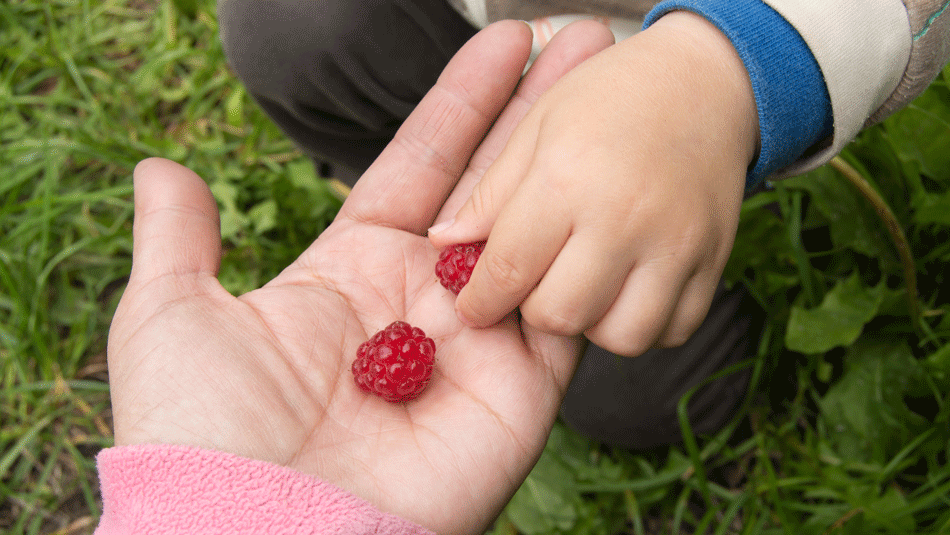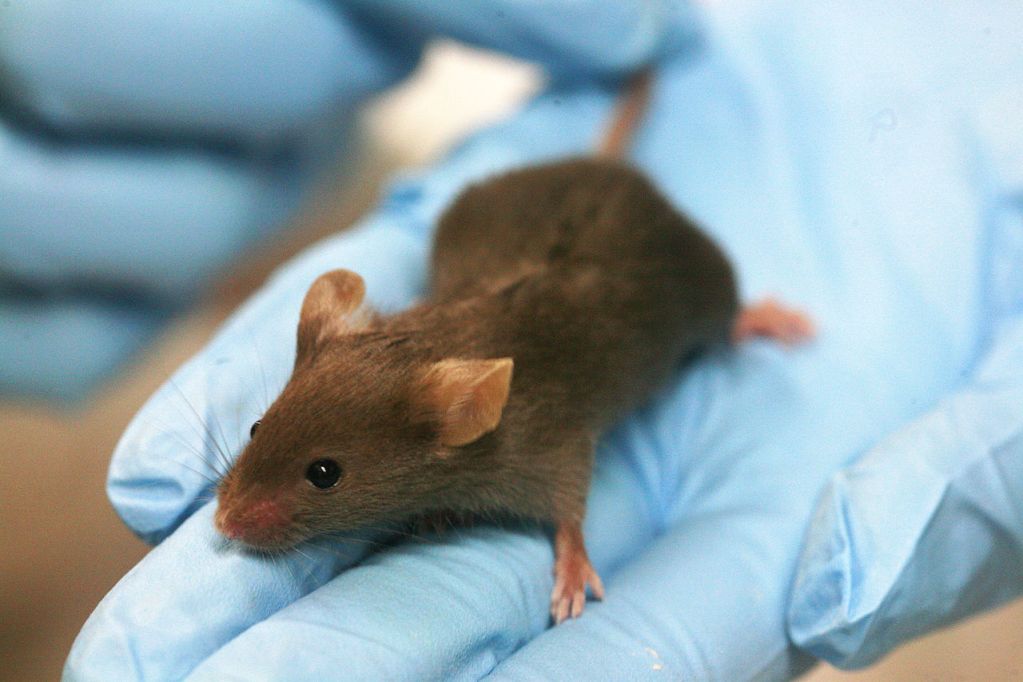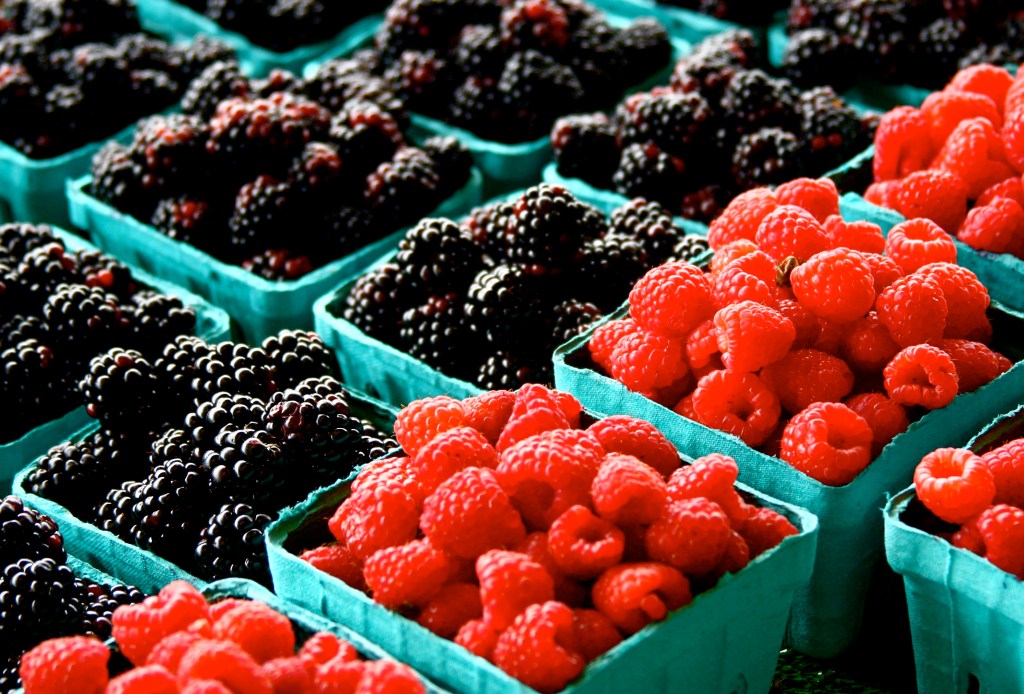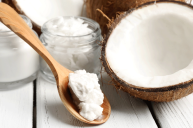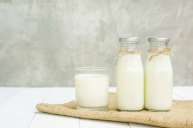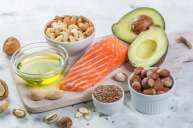Like white wall paint at Home Depot, fat comes in many different shades. Brown fat and beige fats are considered "good" fats, important for converting food to heat and burning calories for fuel. White fats, on the other hand, are considered "bad" or "deep" fat, which gives of toxins and fatty acids.
Here's the good news: A recent study by scientists at Washington State University published in the Journal Cell Reports found a potential way to turn bad white fat into good beige fat in humans. We've broken down everything you need to know about the potentially groundbreaking study below.
What Are Good And Bad Fats?

To better understand the study, it's important to understand the different roles brown and white fats play in the body. Here's the lowdown:
Brown fat: Scientists have long known brown fat assists in thermogenesis, the body's process for keeping warm. This process also burns calories as a side effect, which researchers think could be important in fighting obesity.
Beige fat: Research suggests that beige fat is produced through exercise, storing energy that would otherwise go to your tummy. Like brown fat, scientists believe beige fat could help with weight control.
White fat: This type of fat plays an important role in storing excess energy. However, it also causes health problems like type 2 diabetes and high cholesterol. Scientists believe this is because white fat releases dangerous compounds that foster insulin resistance as they break down.
About the Study
Past studies have largely focused on resveratrol, a polyphenol antioxidant found in wine, as a means to boost the body's production of beige fat.
Dr. Du, the author of the University of Washington study, focused on new sources of resveratrol. While found in all fruits, these compounds are especially prevalent in berries, apples, and grapes. Dr. Du believes that increasing consumption of these fruits will change excess white fat into energy-burning beige fat.
For his study, Dr. Du fed mice a diet high in fat and resveratrol. Mice with diets richer in resveratrol gained less weight and developed fewer obesity-related health problems. These mice also showed a significant increase in beige fat levels, as well.
Takeaways
What does this mean for us humans? Following a diet rich in resveratrol could be a powerful tool for fighting obesity.
Foods that contain lots of resveratrol, like blueberries, strawberries, and raspberries, are also believed to fight cancer, heart disease, and other concerns. Bonus: They're delicious on frozen yogurt, too.
